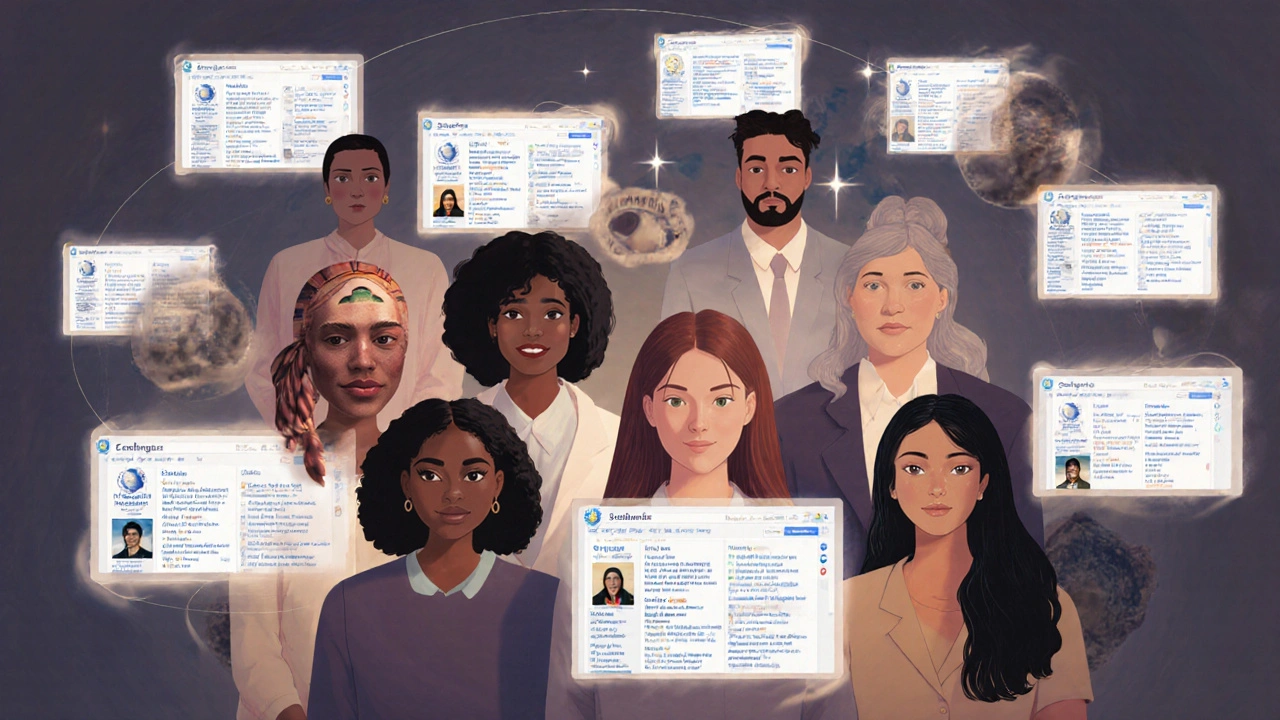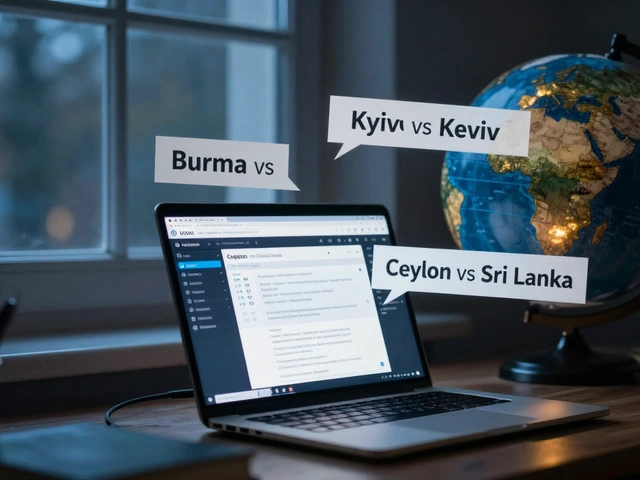Wikipedia task forces: How volunteer teams keep the encyclopedia accurate and alive
When you think of Wikipedia, you might picture a lone editor making a quick fix. But behind every stable article is a Wikipedia task force, a group of volunteer editors who focus on improving a specific topic area or solving a systemic problem across the encyclopedia. Also known as WikiProjects, these teams are the quiet engine that keeps Wikipedia accurate, balanced, and up to date — without pay, without bosses, and without ads. They don’t chase clicks. They chase correctness.
These task forces aren’t random clubs. They’re organized around real needs: one group might focus on fixing biographies of women, another on updating medical articles after new research drops, and another on cleaning up citations in articles about Indigenous cultures. Some are small, with just a few regulars. Others, like the Guild of Copy Editors, a volunteer team that reviews and polishes thousands of poorly written Wikipedia articles, have hundreds of members working in shifts. They use tools like watchlists, backlog drives, and annotated bibliographies to track problems and fix them. Their work isn’t flashy, but it’s what stops Wikipedia from turning into a mess of half-baked edits.
What makes these groups work isn’t just passion — it’s structure. They follow Wikipedia policies, the mandatory rules that define what counts as reliable sourcing, neutral tone, and proper attribution. They use Wikidata, a central database that stores facts like birth dates, population numbers, and movie release dates so they update everywhere at once to avoid repeating the same fix across 30 language versions. And they handle disputes with calm, policy-based discussions — not arguments. This isn’t just editing. It’s governance, by volunteers, for everyone.
These task forces also respond to real threats. When AI tools started auto-editing articles with misleading citations, teams jumped in to audit the changes. When copyright takedowns erased valuable content, volunteers fought to restore it. When harassment spilled off-wiki, they built safety guides. You won’t see their names on the front page, but you’ll feel their impact every time you read a clean, well-sourced article.
There’s no test to join. No application. You just show up, pick a topic you care about, and start helping. Whether it’s fixing a single citation, joining a backlog cleanup, or helping write a new article on underrepresented history — you’re part of the task force now. Below, you’ll find real stories from these teams: how they pick their battles, how they stay motivated, and how they’re keeping Wikipedia alive one edit at a time.
Reducing Systemic Bias on Wikipedia Through Task Forces
Wikipedia task forces are volunteer groups working to fix systemic bias by adding missing voices, correcting harmful language, and expanding reliable sources. Their efforts are making the encyclopedia more accurate and inclusive.





